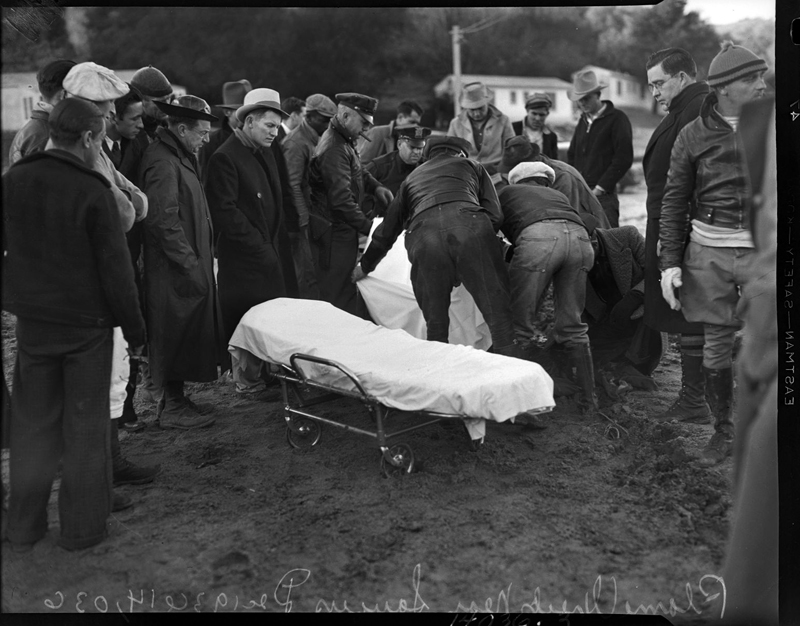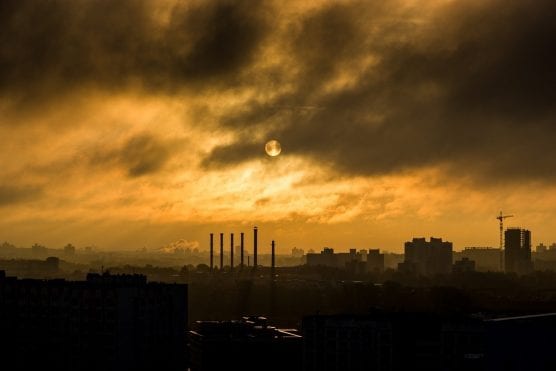SACRAMENTO – California utilities will soon be able to access a $21 billion state insurance policy to settle wildfire-related lawsuits and liabilities under legislation approved Thursday by lawmakers.
Grappling with the prospect of another major electricity provider filing for bankruptcy as Pacific Gas & Electric did in January after its faulty power lines sparked the deadly 2018 Camp Fire, lawmakers are hoping to soften the financial blow for utilities that agree to undertake costly fireproofing actions.
In order to access a pair of $10.5 billion pools funded equally by ratepayers and utilities, PG&E and the state’s other major electrical providers must first spend $5 billion on infrastructure safety and pass annual inspections. The utilities are not allowed to profit off the initial infrastructure repairs and their executives’ salaries will be tied in part to safety performance.
The measure, finalized less than a week ago, comes after two consecutive years of deadly and destructive wildfires, many of which state investigators believe were started by faulty power lines. After clearing the Assembly by a 63-8 margin, the proposal is expected to be signed quickly by Gov. Gavin Newsom.
“No one has ever said this is going to be a silver bullet or the fix-all, but it does take us in dramatic leaps to where we can stabilize California,” said Assemblyman Chris Holden, author of Assembly Bill 1054. “We’re talking about victims, ratepayers and the industry that keeps our lights on.”
Newsom has publicly pressed the Legislature over the last several months to pass a bill by Friday, before lawmakers leave for summer recess. Credit agencies have indicated they were mulling credit downgrades for other state utilities if the Legislature couldn’t put a bill on Newsom’s desk by the deadline.
The proposal approved Thursday incorporates many of the points included in a blueprint that Newsom released three weeks ago.
The centerpiece is the two $10.5 billion pools meant to float utilities in wake of mega-wildfires. One will be funded by extending a sunsetting $2.50 monthly surcharge on Californians’ energy bills, enacted during the state’s energy crisis in the early 2000s, and the remaining $10.5 billion will come from the state’s largest utilities and their investors.
There is also a companion measure to the proposal, Assembly Bill 111, which will create a committee to oversee the new wildfire fund.
PG&E, which regulators have blamed for sparking the catastrophic Camp Fire, would only be allowed to access the fund if it settles existing wildfire liabilities and its bankruptcy case by June 2020.
Supporters, including the Utility Reform Network, Southern California Edison and the Natural Resources Defense Council, believe AB 1054 is necessary to allow utilities to access good credit and discourage them from pursuing bankruptcy like PG&E.
Though the measure easily cleared the required two-thirds margin for passage with bipartisan support, some questioned the legislative route Democratic leaders used for AB 1054.
The 98-page proposal was introduced Friday – when many lawmakers and Californians were still celebrating Independence Day – and it was jammed through two Senate committees and a floor vote on Monday.
“There’s a lot of good in this bill,” said Assemblyman Al Muratsuchi, D-Torrance. “The question that remains in my mind is whether we could have done better if we had more than two weeks to depict the details of this bill.”
Nonetheless, Muratsuchi joined his party’s leaders in voting for AB 1054 after a short floor debate.
Republican James Gallagher, whose district includes fire-ravaged Paradise, acknowledged struggling all week before ultimately deciding to support AB 1054. He said PG&E’s bankruptcy filing was a “punch in the gut” for victims of the Camp Fire and that he hopes lawmakers will continue pursuing wildfire prevention legislation.
“If all we do today is pass this bill, we will have failed,” Gallagher said.
Assemblyman Marc Levine, D-San Rafael, was one of three Democrats from the San Francisco Bay Area to vote against the bill, while state Sen. Scott Wiener of San Francisco also opposed it on Monday. PG&E’s headquarters are in San Francisco.
Levine mentioned a bombshell Wall Street Journal report claiming PG&E knew since 2013 that its high-voltage lines could spark wildfires but refused to upgrade them. He said AB 1054 could be viewed as a reward for its “monstrous behavior.”
PG&E’s creditors applauded the Assembly’s passage of AB 1054 and called it a major milestone.
“The enactment of AB 1054 and accompanying legislation will help provide security for those we represent, including the tens of thousands of California union members and retirees, the nation’s largest producer of solar and wind energy, vital lenders and financial institutions and innumerable small and medium businesses who work tirelessly to provide the goods, services, and capital necessary to maintain the state’s electricity infrastructure and keep the lights on for millions of Californians,” PG&E’s official creditors committee said in a statement.
Newsom removed any doubt about whether he will sign the bill by thanking the Legislature just minutes after the vote. As an urgency measure, the bill becomes law immediately upon signing – which will likely happen Friday.
“The rise in catastrophic wildfires fueled by climate change is a direct threat to Californians. Strengthening our state’s wildfire prevention, preparedness and mitigation efforts will continue to be a top priority for my administration and our work with the Legislature,” Newsom said in a statement.
Also Thursday, Newsom used an executive action to recertify Paradise and neighboring towns as “rural” in order to receive additional federal disaster relief. The Camp Fire destroyed 90% of Paradise alone – including 14,000 residences – and recent door-to-door survey found just 2,034 of the nearly 27,000 residents who lived there before the fire remain.
— By Nick Cahill
Like this:
Like Loading...
Related





 Tweet This
Tweet This Facebook
Facebook Digg This
Digg This Bookmark
Bookmark Stumble
Stumble RSS
RSS


























REAL NAMES ONLY: All posters must use their real individual or business name. This applies equally to Twitter account holders who use a nickname.
0 Comments
You can be the first one to leave a comment.